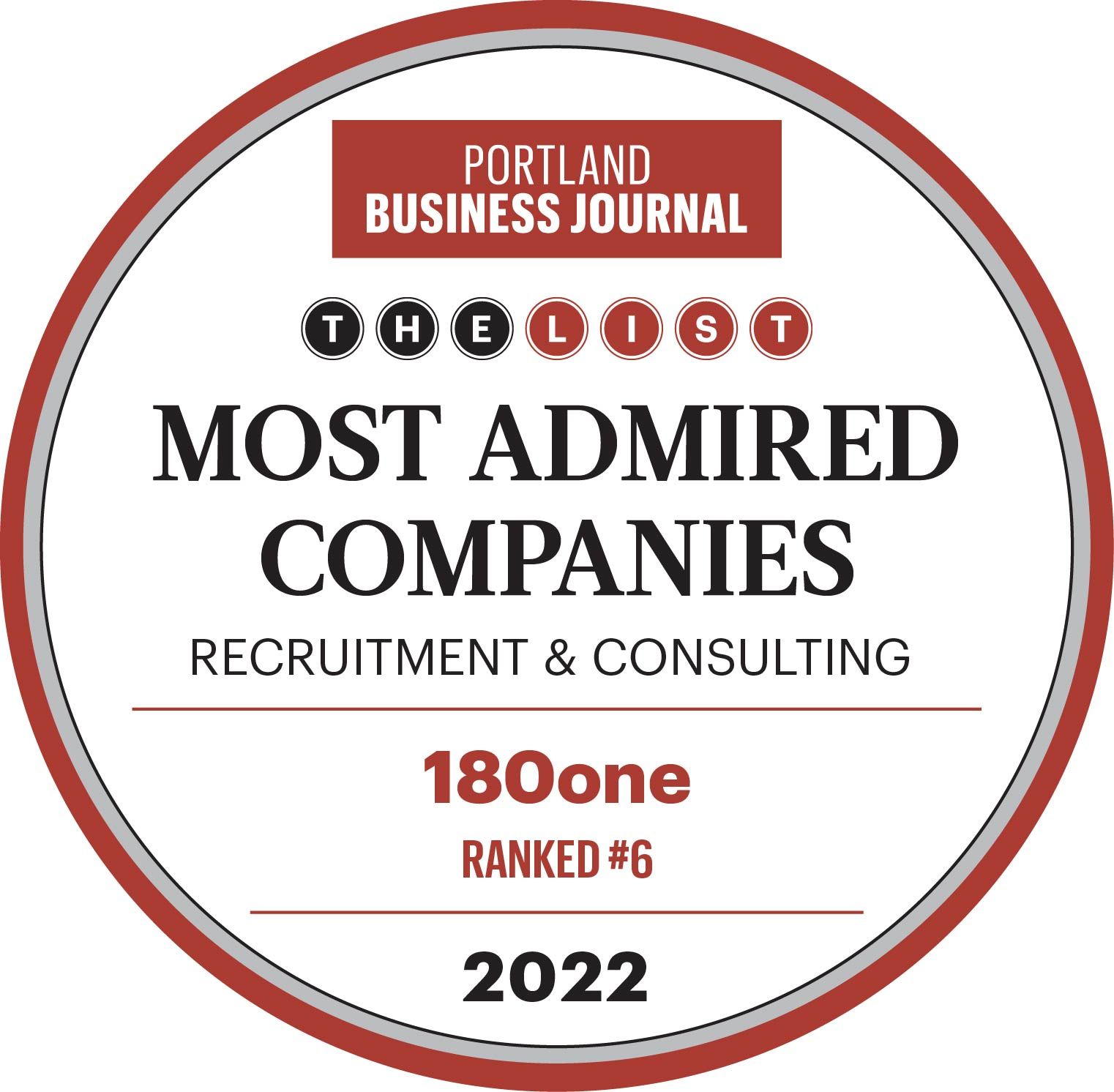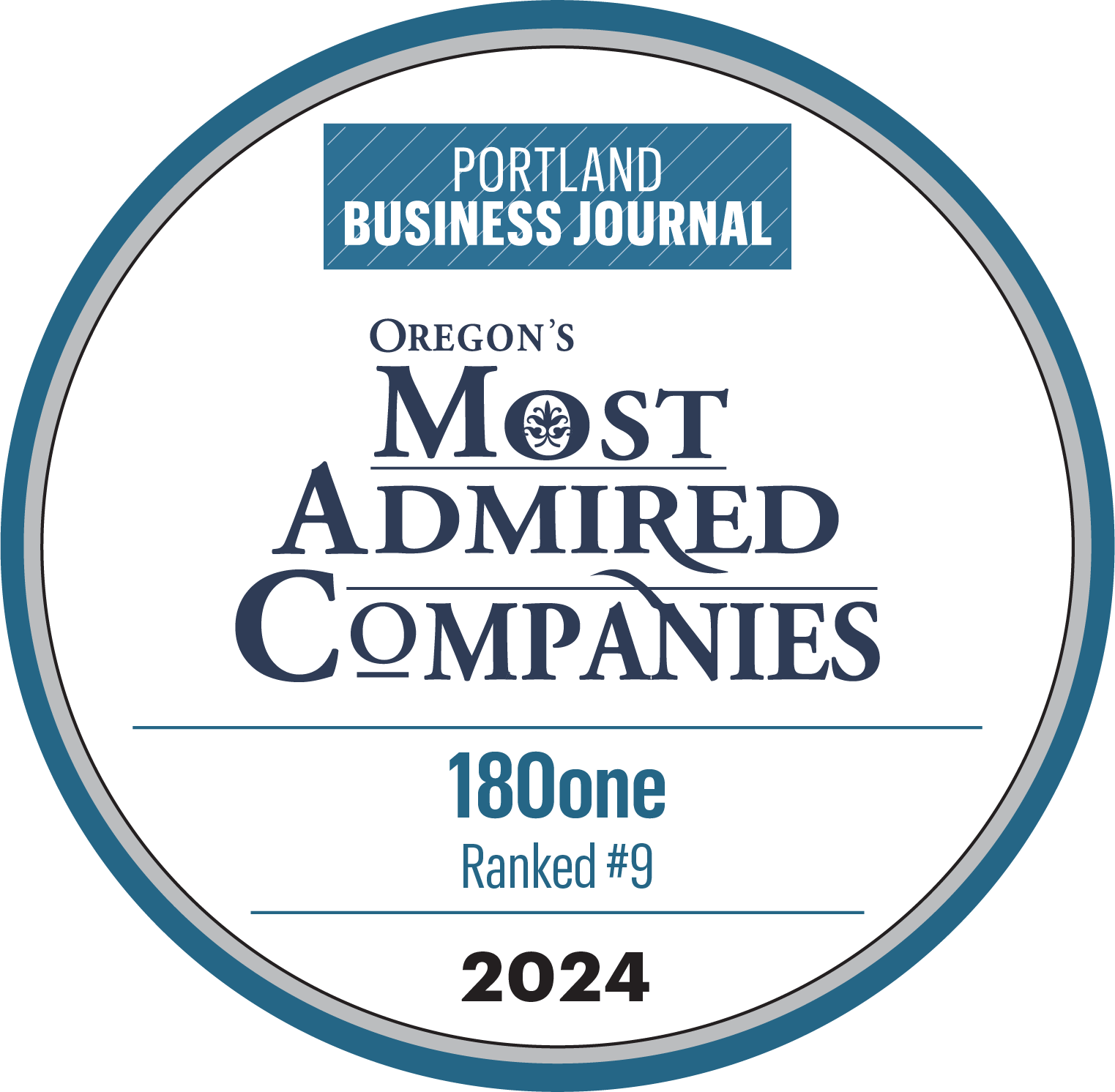New Opportunity: Corporate Controller

Corporate Controller
ABOUT THE COMPANY
Founded in 1947, Oregon Tool, Inc. has grown from a basement in Portland, Oregon, to a global designer, manufacturer, and marketer of precision cutting tools, equipment, and accessories for consumers and professionals in more than 110 countries. Building off the pioneering spirit of our founder, Joseph Buford Cox, we have transformed the cutting industry and have become the world’s #1 manufacturer of saw chain and guide bars for chainsaws and diamond saw chain for concrete and pipe, a leading manufacturer of agricultural tractor attachments, and the leading OEM supplier of first-fit and replacement parts.
At Oregon Tool, we are a passionate group of people dedicated to a spirit of innovation and outside the box thinking to create the world’s most efficient cutting tools and products. We believe in inspiring, listening, learning, and rolling up our sleeves to “get to work” together. Our purpose goes beyond the products we make. We are devoted to positively impacting people, communities, and landscapes around the world. We are committed to building and maintaining a diverse and inclusive work environment and implementing sustainable practices to help reverse the impacts of the global climate crisis. We are built on a pioneering spirit and believe in leading with humility, global stewardship, and owning it day in and day out. We know what it takes to get the job done, and we know our people are the way it happens.
ABOUT THE ROLE
Reporting directly to the CFO, the Corporate Controller provides global leadership of the Company’s accounting functions. The Corporate Controller is responsible for the accounting and financial reporting operations of the organization including financial reporting, financial close, financial consolidation and reporting processes, internal controls, and global accounting policy and procedures. This role will work closely with senior leadership to enhance the company’s financial performance and support its global growth initiatives.
ESSENTIAL DUTIES AND RESPONSIBILITIES
Financial Reporting
- Oversee the preparation and accuracy of consolidated financial statements in compliance with U.S. GAAP, IFRS, and other relevant international accounting standards.
- Ensure timely and accurate monthly, quarterly, and annual financial reporting for internal and external stakeholders.
- Manage the preparation and production of consolidated financial reports adhering to internal reporting deadlines.
- Interface with external auditors on the timing and coordination of the year-end audit and work closely with them throughout their audit cycle.
- Develop and communicate the reporting schedule internally to Oregon Tool locations and facilitate compliance with reporting deadlines.
- Streamline and provide continual improvements to the master closing package template utilized by all reporting units.
- Lead and manage the external reporting cycles in an accurate and timely manner to achieve compliance with debt covenants and reporting deadlines including preparation of financial statements and footnotes.
- Ensure that the reporting system is able to produce financial information in the format and configuration required by senior management.
Accounting Operations
- Lead the North America accounting team, ensuring accurate and efficient day-to-day accounting operations.
- Oversee the monthly and year-end close processes, ensuring timely reconciliations, accurate journal entries, and adherence to closing schedules.
- Ensure compliance with internal controls, policies, and procedures to safeguard company assets.
- Maintain and monitor an effective system of internal accounting and financial reporting controls.
- Interpret and analyze and report on periodic results.
- Maintain an internal performance management reporting system.
- Provide accounting direction and support to company-wide reporting units.
- Manage the collection and consolidation of data from company-wide reporting units.
- Supervise the general ledger for various accounts and legal entities, ensuring the accounting records are accurate and well documented.
- Lead continuous improvement efforts to improve processes and shorten reporting cycle times.
- Maintain, update and improve policies, processes, and systems including automation of key activities.
Team Management
- Lead, mentor, and develop the management teams across CP, Mold, and PD, ensuring accountability and high performance.
- Establish clear performance metrics and KPIs for all areas of the business to drive results and enhance team collaboration.
- Maintain good communication, promote problem-solving, assign responsibilities, and provide training and mentoring to employees.
- Select and develop key operational executives and successors, assign accountabilities, set objectives, and establish priorities.
Team Leadership and Development
- Lead, mentor, and develop a high-performing accounting team.
- Foster a culture of continuous improvement, promoting efficiency, accuracy, and best practices.
- Manage performance, establish clear development goals, and provide ongoing coaching for team members.
- Lead documentation and continual improvement of departmental work processes.
QUALIFCATIONS
Education
- Bachelor’s degree in accounting, finance or related field required
- Certified Public Accounting (CPA) designation required
Knowledge and Experience
- At least ten years of progressively responsible public and corporate accounting experience
- Experience in a national or regional public accounting firm is preferred
- International experience is preferred
- At least five years of progressively responsible management and leadership experience
- Experience in a manufacturing environment strongly preferred
Skills and Abilities
- Strong leadership and team management skills with the ability to inspire and guide cross-functional teams.
- Exceptional analytical, problem-solving, and strategic thinking abilities.
- Excellent verbal and written communication skills, with the ability to convey complex financial information to non-financial stakeholders.
- Extensive knowledge of GAAP, Sarbanes Oxley regulations, international accounting, SEC and tax issues
- Excellent presentation skills
- Collaborative and effective team player
- Able to lead teams that are globally dispersed
- Initiative, demonstrated track record of achieving results
- Proficiency with ERP systems, SAP preferred, and Microsoft Office suite (Outlook, Word, Excel, Teams)
Interested in Learning More?
180one is a retained search firm and has been engaged by Oregon Tool to manage this search. If interested in learning more about the opportunity, please contact Lisa Heffernan /971.256.3076/ lisa@180one.com






